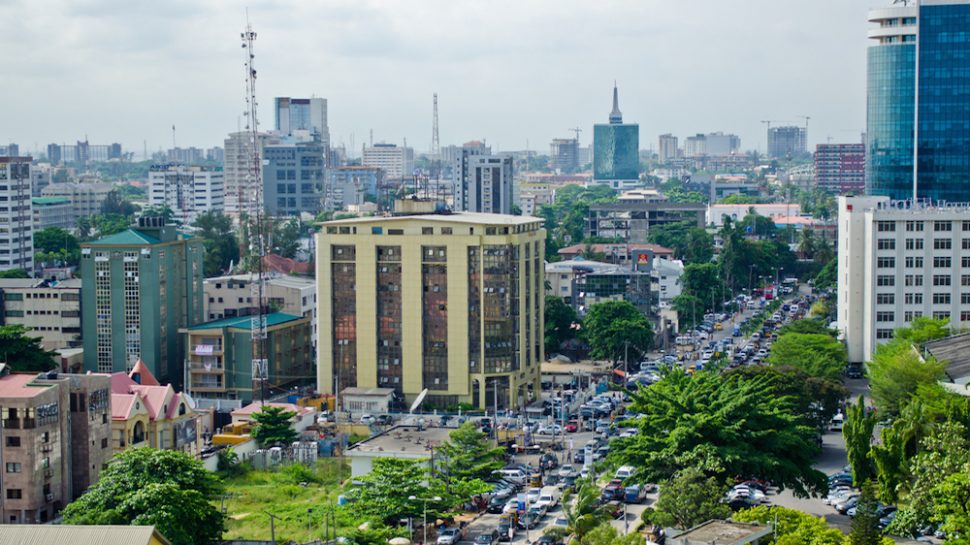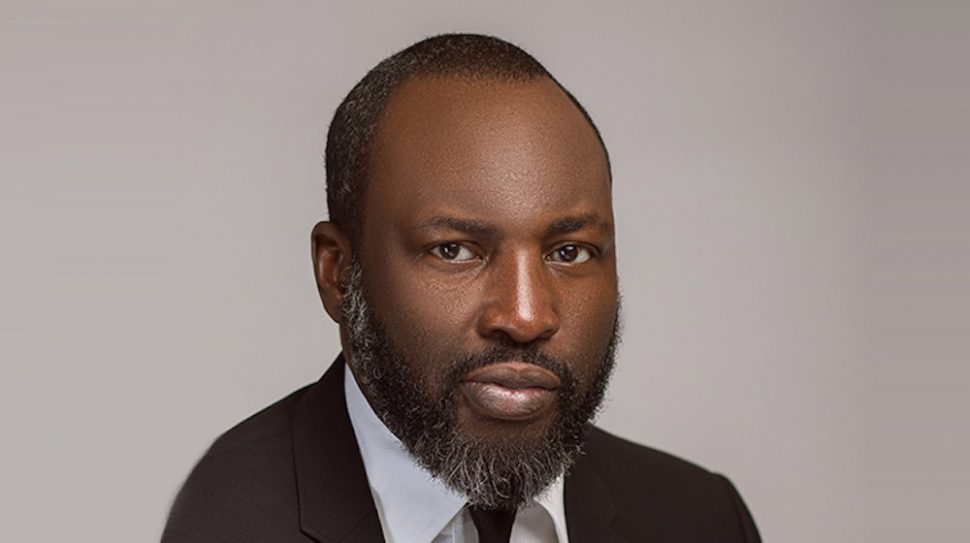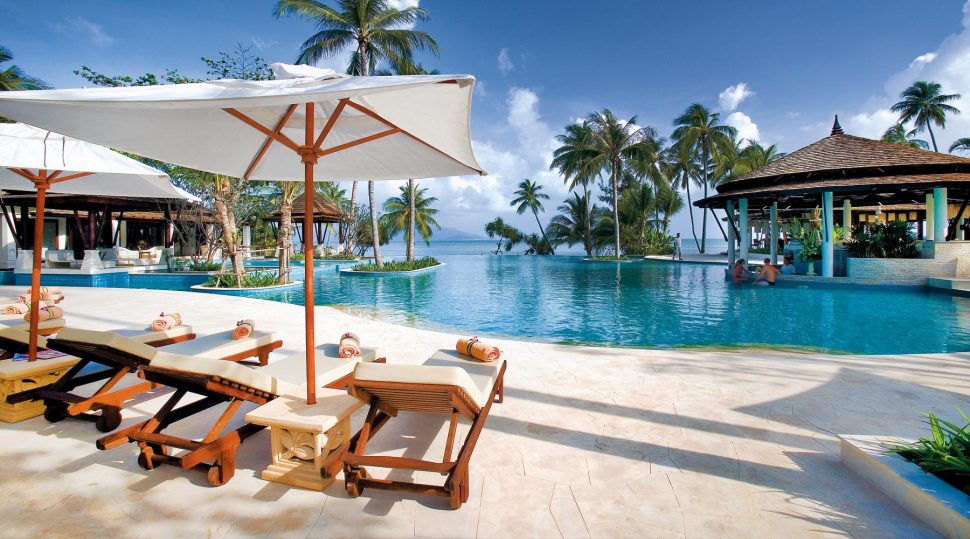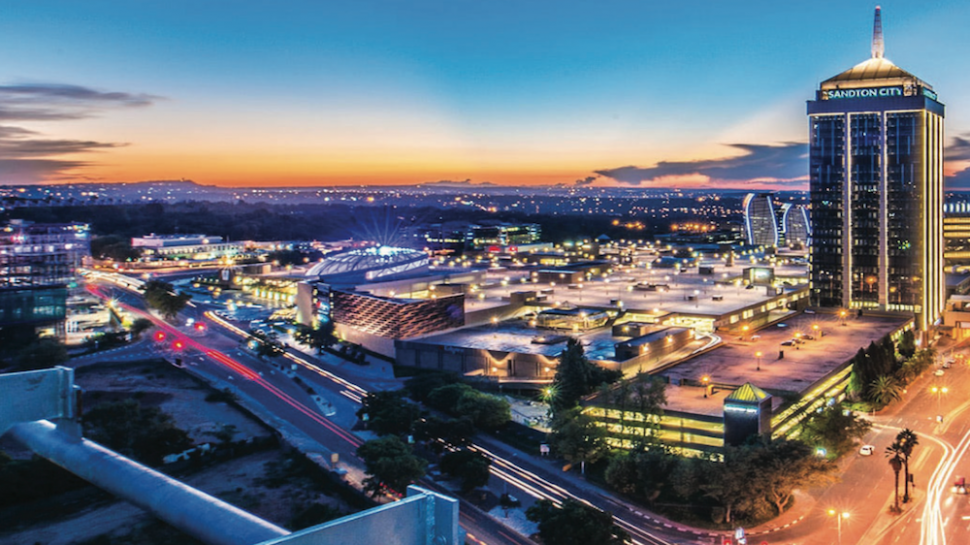-

Maikori: A guide on how to secure an African partner
It is universally accepted, writes Yahaya Maikori, gaming lawyer at Lagos-based Law Allianz, that for any business to thrive in a…
0 -

African Regulatory Round-up: Building a Picture of the Legal Landscape
In the second part of his deep dive into key regulatory reforms being made in a number of African jurisdictions,…
-

African Regulatory Round-up
Law Allianz founder Yahaya Maikori looks at the established and emerging regulatory frameworks in a number of key African markets.…
-

Legally speaking: Blockchain and cryptocurrency in Nigeria
Blockchain technology “aligns perfectly” with Nigeria’s informal financial culture, writes Yahaya Maikori, partner at Lagos-based Law Allianz. The government should…
-

Botswana: Distilling best bidders from ‘fly-by-night’ opportunists
A simple matter of one delayed application has left the bidding process for Botswana’s National Lottery postponed for over a…
-

Blockchain primed to plug Africa’s infrastructure deficit
From streaming content to intra-African trade, blockchain technology is set to transform Africa, says gaming and eCommerce lawyer, Yahaya Maikori.…
-

SUN INTERNATIONAL’s PULLOUT, THE NIGERIA GAMING INDUSTRY AND THE REST OF THE ECONOMY
On the 25TH of August of 2106 we woke up to splashing headlines by several local papers announcing Sun International’s…
-

POLICY AND REGULATORY CHALLENGES POSED BY CONVERGENCE IN THE BROADCASTING INDUSTRY
Since the earliest days, the telecoms and broadcasting industries were seen as entirely separates industries. As such, the regulatory regimes…
-

MAPPING THE NIGERIA GAMING INDUSTRY (1): LEGAL & SOCIO CULTURAL FACTORS.
In recent times there has been lots of excitement about the African gaming market for reasons which are not farfetched,…
Author archive for Yahaya Maikori
Law Allianz > Articles by: Yahaya Maikori
